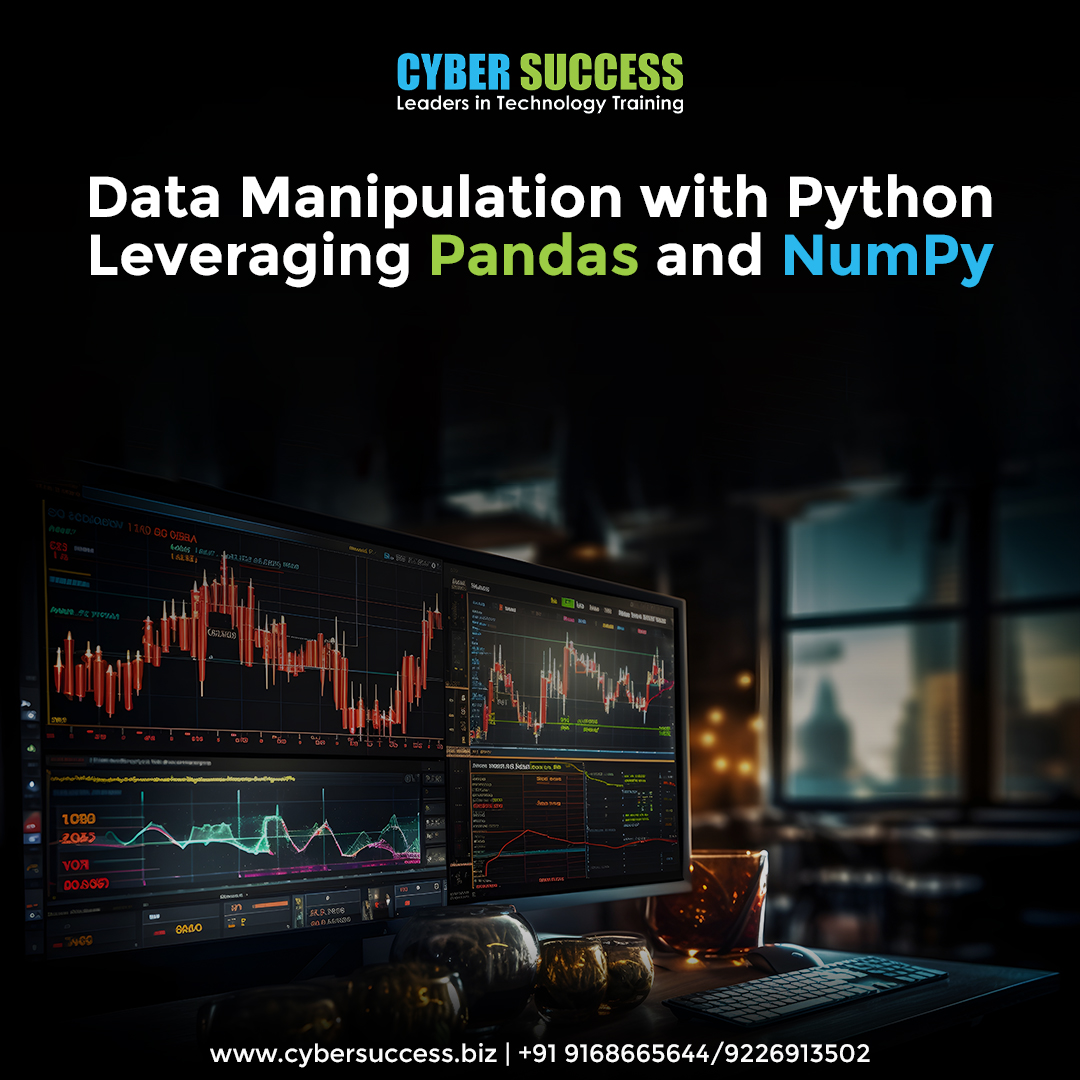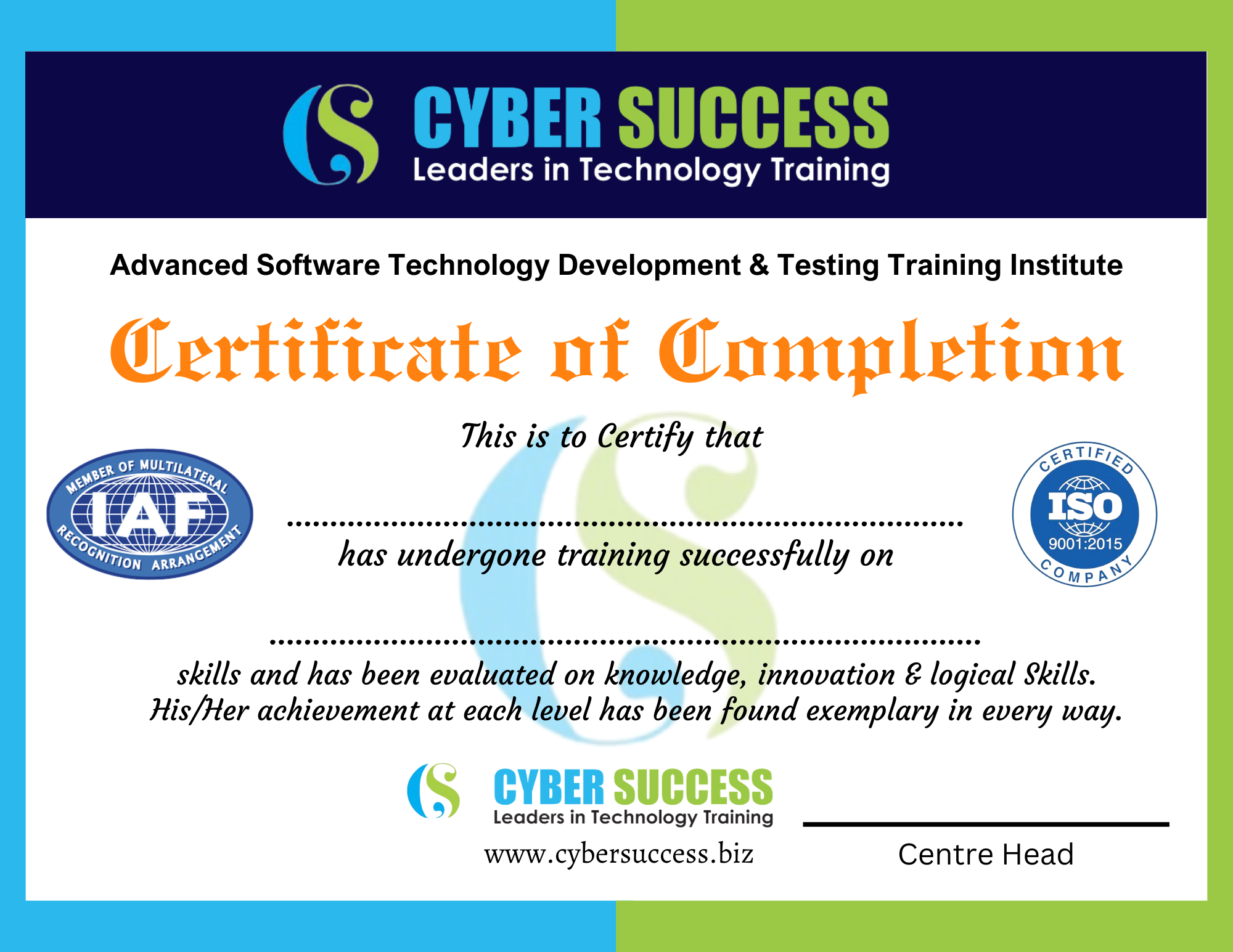1. Python programming language (Pandas Library and NumPy):


Python is widely recognized as one of the most versatile and powerful programming languages in data science. Python’s simplicity, readability, and extensive libraries make it ideal for use, editing, and analysis. Learning Python is essential for automating tasks, performing complex calculations, and creating custom scripts and applications for data processing. The Pandas and NumPy libraries are especially useful for data analysts:
- Pandas: This library provides efficient data structures and tools for working with structured (labeled) data, making it an essential tool for data analysts. It enables efficient data manipulation, cleaning, and transformation, making it a fundamental tool for data science.
- NumPy: Important for scientific calculations and numerical applications NumPy provides support for large multidimensional arrays and matrices with large collections of efficient mathematical functions.




























